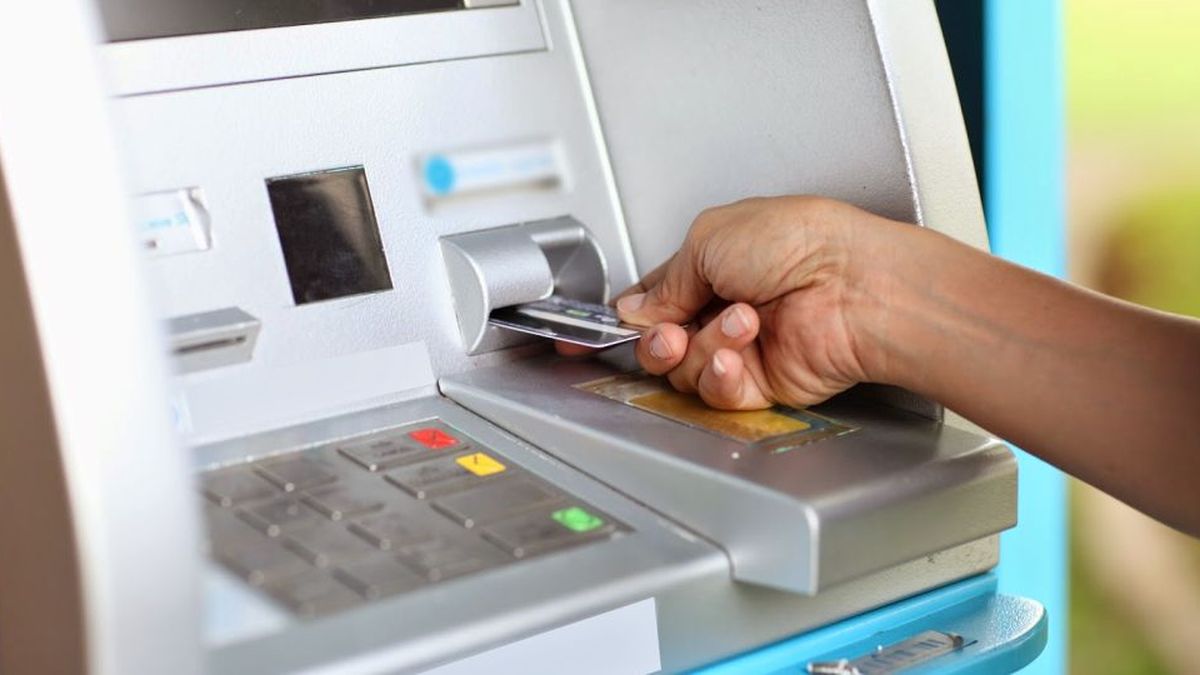The EU Commission wants to channel more money into “green” investments. But what is actually sustainable, and where do suppliers only pretend to be environmentally and climate-friendly?
According to European regulators, the greater attention paid to environmental protection and climate change by investors means there is a growing risk of glossed-over offers. The banking regulator EBA, the insurance regulator EIOPA and the securities regulator ESMA presented their latest analyzes on so-called greenwashing in the financial sector today.
“The result of the quantitative analysis of the greenwashing phenomenon shows a significant increase in the total number of potential greenwashing cases in all sectors, including EU banks,” noted the EBA. “Greenwashing” means that companies market products or services as environmentally or climate-friendly, even though they may not be.
The EU Commission wants to channel more money into “green” investments. Bank advisors and insurance brokers must therefore now ask about the preferences of their customers when it comes to sustainability when providing investment advice. When investing, it should no longer just be about return opportunities and risk, but also about the environment, social issues and good corporate governance: the abbreviation ESG (Environmental Social Governance) has found its way.
Misleading sustainability communication
“Data from the past few years regarding misleading communications on ESG issues shows a significant increase in the total number of potential greenwashing cases across all sectors, including EU banks,” writes the EBA.
Again and again, environmental organizations such as Greenpeace, World Wild Fund (WWF) or Urgewald denounce what they see as climate-damaging businesses. The EBA concludes that EU banks are increasingly accused of “greenwashing at the corporate level by presenting themselves (through advertising, social media, sustainability reporting) as sustainability-focused, but still engaging in operations or practices that are in line with the SDGs and could contradict the image conveyed by them”.
The regulators’ investigations are part of a broader initiative. In March of this year, for example, the EU Commission presented a legislative proposal that would oblige companies to comply with minimum standards when it comes to information such as the climate friendliness or sustainability of their goods.
“Green claims are everywhere,” said Commission Vice-President Frans Timmermans. “Ocean-friendly t-shirts, carbon-neutral bananas, bee-friendly juices, 100 percent carbon-offset deliveries and so on. Unfortunately, all too often these claims are made without any evidence or justification.” The aim of the EU Commission: Whoever buys a product that is advertised as environmentally friendly should be able to be sure that the product is really “green”.
Source: Stern




